Schindler’s List turns 28: Steven Spielberg’s masterpiece was a masterclass in filmmaking
Revisiting Schindler's List, Steven Spielberg’s biting narrative on the Holocaust during World War II.
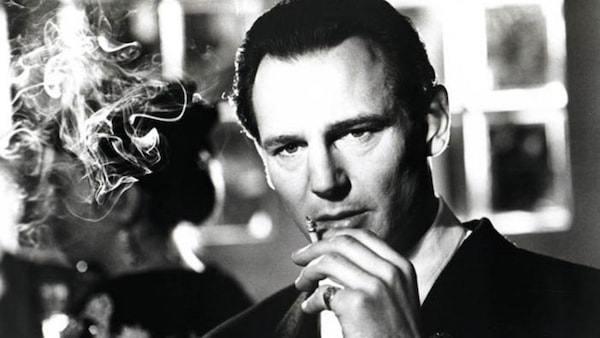
Last Updated: 10.00 PM, Dec 15, 2021
Steven Spielberg’s Schindler's List has arguably been the filmmaker’s most culturally impactful film. Even in terms of public memory, seldom has any film created a comfortable corner in the minds of masses globally. After its US premiere in 1993, the film saw a release in Europe in the spring of the next year, where it expectantly created a considerable stir among cinemagoers. With a worldwide box-office haul of $321 million, Spielberg’s World War II film even took trade analysts by surprise, who would’ve billed it as an indie film.
The commercial success of the film aside, Schindler's List was a success even among the critical circles. With a seven-Academy Award haul at the 1994 Oscars, Spielberg, and by extension his work, got a watertight status of being quality filmmaking. The American Film Institute (AFI) nominated the film among its 100 Most Important American Movies, and the Library of Congress termed it as “culturally significant” and added it to the National Film Registry.
The film’s widespread influence was fast-growing. The then-US President Bill Clinton famously asked people to “go see it.” Not only on American waters, but Schindler's List was billed as a work of class even by German cinephiles with the German president Roman Herzog presenting Spielberg with the Bundesverdienstkreuz (Federal Cross of Merit) in 1998, an honour specifically given to a chosen few for their outstanding service to the Federal Republic of Germany.
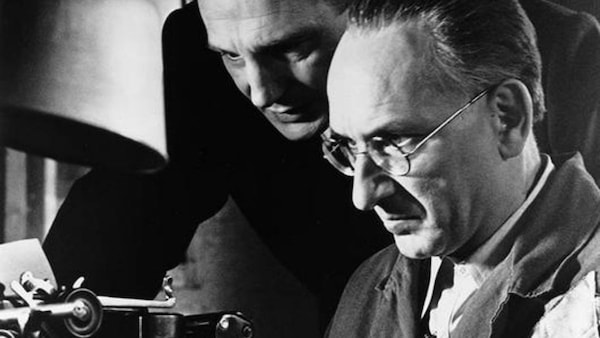
However, the film’s response was not completely positive. The intellectual and cultural institutions were not unanimous in their acceptance of the film. Spielberg’s work had evoked disparate opinions and propelled debates on the “right” mode of representation of the Jewish genocide during the Second World War.
Especially in the US, Europe and Israel, Schindler's List sparked contentious discussions which essentially asked if and how the tragic event of the Holocaust became the subject of popular representation.
Despite this, no one could deny the film’s impact and with the generally positive spate of reviews surrounding it; some even termed it as a “masterpiece” and a “milestone of film history.” The naysayers too had to admit that the film had promptly exalted into a global phenomenon and was one to have managed to, in quite some time. Even in terms of being a mouthpiece for the plunder caused by Axis powers on the marginalised, Schindler's List attained cult status, compelling almost everyone to embrace Spielberg’s version of the narrative and events.
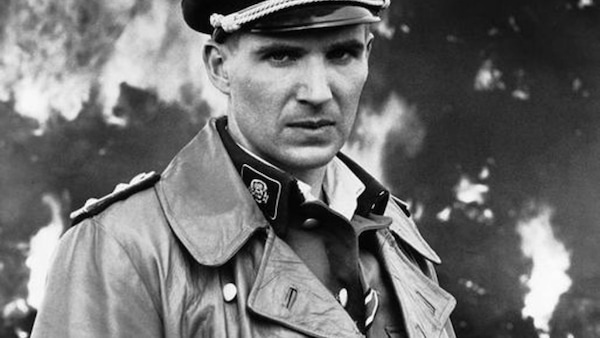
Having said that, it is important to note if the film was an authentic representation of the historical events that occurred. Schindler's List did not result in any particular criticism from academic experts of Nazism or the genocide of the Jews during the period. It seems Spielberg’s cinematic licenses used in the representation worked and the filmmaker averted any harsh pushback on his story. Oskar Schindler’s 700-page biography painted a slightly different version of the events as compared to the ones cited in Thomas Keneally’s nonfiction novel on which Spielberg based his vision.
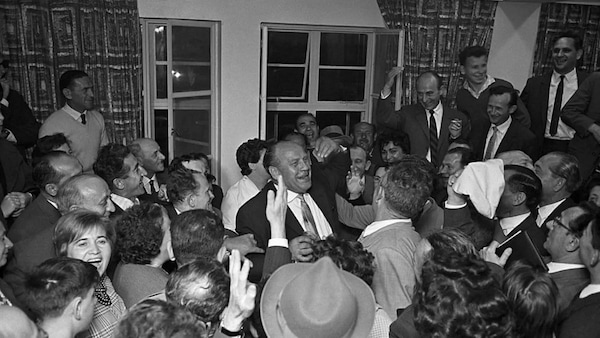
Even in terms of its reception by actual Holocaust survivors, Schindler's List managed to pass muster. Ruth Kluger, a literary scholar and survivor from the Auschwitz concentration camp, termed the film as "the most impressive filmic opus on the Jewish catastrophe." In fact, Spielberg’s lens was so harsh and unforgiving, that many even stated that it sometimes felt like a tableau of truth.
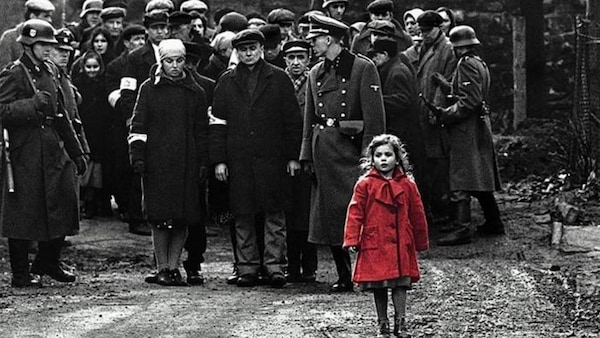
Filmmaker Billy Wilder, a person who was emotionally invested in the story and had wanted to adapt it for screen since his mother was murdered in Auschwitz, famously said of Schindler's List, “After the first ten minutes I had totally forgotten that this was a movie. I stopped paying attention to the camera angle and all that technical stuff…and believe me, the scenes were that authentic that they sent shivers down my spine."
Watch the film here .

